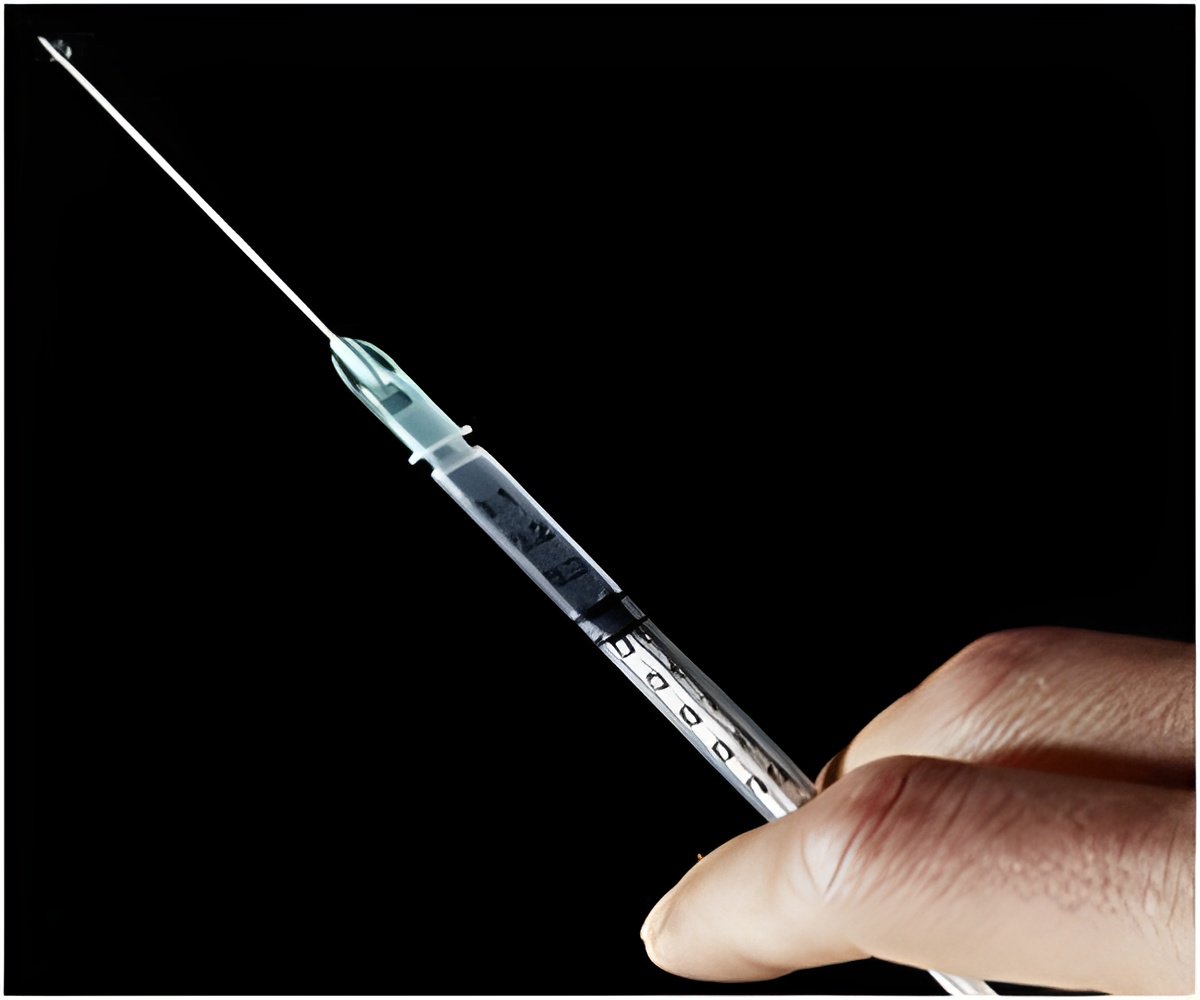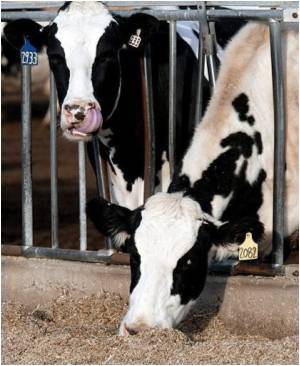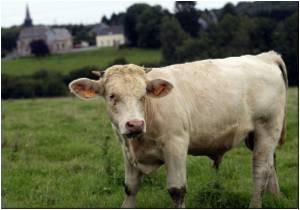Diclofenac is a drug used for treating pain and inflammation in cattle and humans but is toxic for vultures once they scavenge on diclofenac administered cattle.

Formed in 2011, Saving Asia’s Vulture’s from Extinction (SAVE), has been battling for the enforcement of the ban. The organization has been urging the pharmaceutical companies to cease the production of the larger vials that are used to treat livestock, as the 3ml vials are more than sufficient for human use.
“The drug will therefore become more expensive and less accessible to those who might use it illegally,” says S. Bharathi Dasan, Secretary of Arulagam, an NGO involved in nature conservation, especially vultures. He further added that people can use Meloxicam instead which is a safer alternative.
Arulagam has been working with the Nilgiris, Coimbatore and Erode district administrations to create vulture safe zones by getting resolutions passed in gram sabhas to become Diclofenac-free habitations.
Nature conservationists say that vultures act as scavengers which play a valuable role in eating animal carcass, thus explaining their role in eco-system. They destroy pathogens, recycle nutrients and prevent contamination of water bodies. They act as anti-agents of parvo, brucellosis, tuberculosis, foot and mouth, rabies and anthrax, by consuming the carcass.
Out of 23 species of vultures around the world, 9 are present in India. Four are migrant species and five are resident species. Four of the species are critically endangered, one is endangered, three are near threatened and one is of least concern as per data available with the International Union for Conservation of Nature. “Of the nine species only four are present in Tamil Nadu.”
Advertisement











